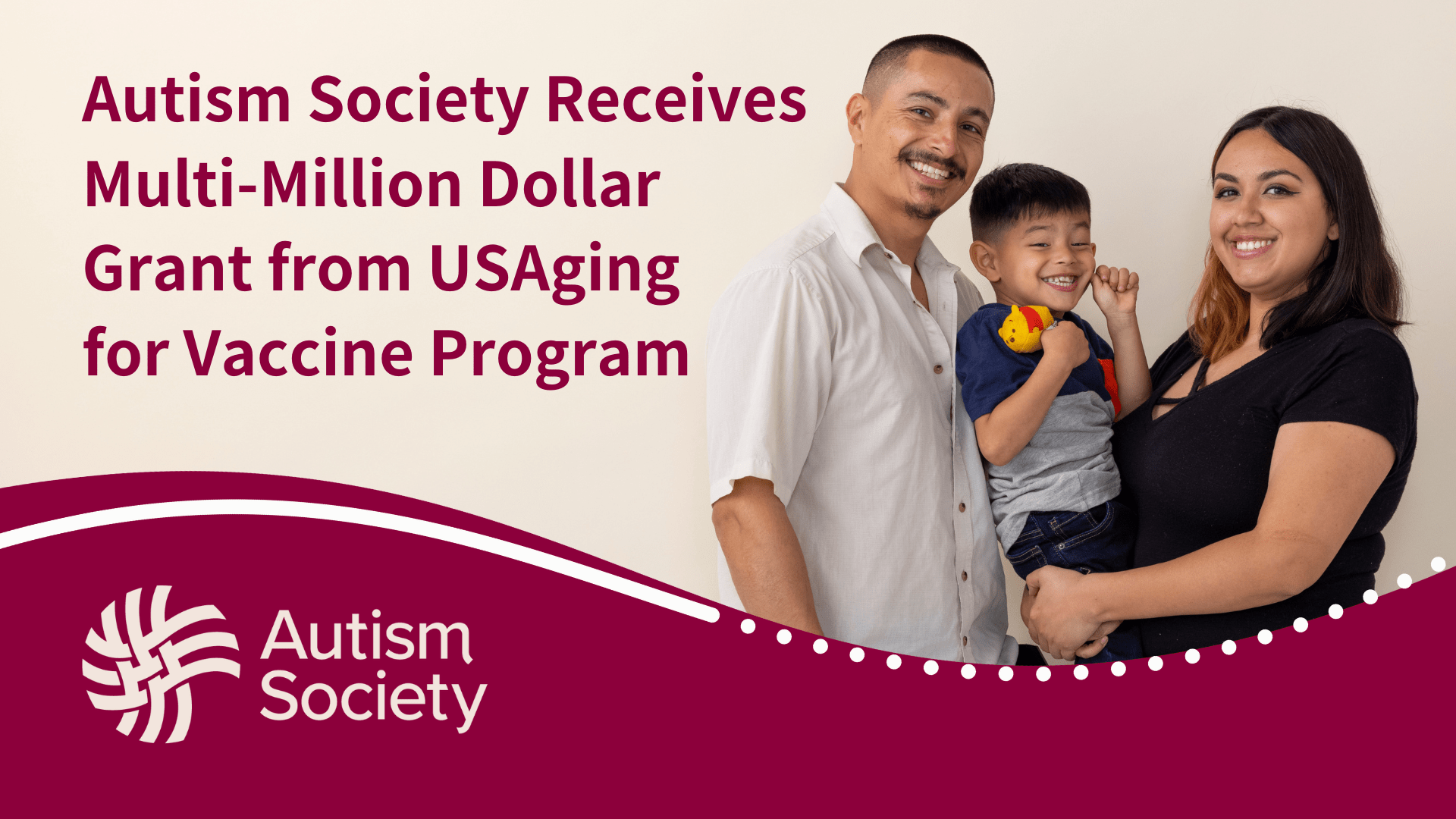High grant autism is a topic that has gained significant attention in recent years, as more individuals and families seek support and understanding for those diagnosed with autism spectrum disorder (ASD). This complex condition is often characterized by a broad range of abilities and challenges, leading to the term "high-functioning autism" being frequently used to describe individuals who possess higher cognitive abilities and skills. As we delve into the intricacies of high grant autism, it is essential to recognize the diverse experiences and needs of those affected by this condition.
Many families are eager to explore the resources available for individuals with high grant autism, particularly in the context of financial support and grants tailored to their unique needs. Understanding the landscape of autism grants can empower families to navigate the often overwhelming world of assistance programs, while also shedding light on the importance of community support and advocacy. This article aims to break down the various aspects of high grant autism, including how it is defined, the types of grants available, and the impact these resources can have on individuals and their families.
As we explore high grant autism further, we will address common questions and concerns surrounding this topic. What does it mean to have high-functioning autism? What types of support and grants are available? How can families access these resources? By providing clear and insightful answers to these questions, we hope to foster a greater understanding of high grant autism and its implications for individuals and their loved ones.
What is High Grant Autism?
High grant autism refers to a subset of individuals on the autism spectrum who exhibit higher cognitive function and a range of skills that allow them to navigate daily life more independently. While the term "high-functioning autism" is commonly used, it is essential to recognize that individuals with high grant autism can still face unique challenges that may require tailored support and resources.
Understanding the Spectrum of High Grant Autism
The autism spectrum is incredibly diverse, encompassing a wide range of abilities and challenges. Individuals with high grant autism may excel in areas such as mathematics, art, or technology, yet they may struggle with social interactions, sensory processing, or executive functioning. This variability often leads to misconceptions about the capabilities of those with high grant autism, making it vital to foster a deeper understanding of their experiences.
How is High Grant Autism Diagnosed?
Diagnosing high grant autism typically involves a comprehensive evaluation by a team of professionals, including psychologists, speech therapists, and occupational therapists. The assessment process may include:
- Developmental history review
- Behavioral observations
- Standardized testing
- Interviews with parents and caregivers
These evaluations help to identify the individual's strengths and challenges, guiding the development of personalized intervention strategies.
What Types of Grants are Available for High Grant Autism?
There are various grants and funding opportunities available for individuals with high grant autism and their families. These resources can help cover expenses related to therapies, educational programs, and support services. Some common types of grants include:
- Government-funded programs
- Non-profit organization grants
- Scholarships for specialized education
- Respite care funding
How Can Families Access High Grant Autism Resources?
Accessing resources for high grant autism can be a daunting task for many families. However, several steps can facilitate the process:
- Research available grants and programs in your area.
- Reach out to local autism support organizations for guidance.
- Consult with professionals for personalized recommendations.
- Participate in community events and workshops to network with other families.
What Impact Do Grants Have on Families Affected by High Grant Autism?
The impact of grants on families dealing with high grant autism can be profound. Financial assistance can alleviate the burden of therapy costs, educational resources, and specialized care, allowing families to focus on their loved one's well-being and development. Moreover, grants can empower individuals with high grant autism to pursue their passions and strengths, fostering independence and self-advocacy.
Personal Insights and Experiences from Families
Many families have shared their journeys navigating the world of high grant autism, offering valuable insights and experiences. These stories often emphasize the importance of support networks, community resources, and advocacy efforts in improving the quality of life for individuals with high grant autism. By learning from these experiences, other families can find hope and inspiration in their own journeys.
Conclusion: The Importance of Advocacy and Support for High Grant Autism
In conclusion, high grant autism is a multifaceted topic that requires understanding, compassion, and advocacy. By exploring the various resources available, families can better navigate the challenges and opportunities associated with high grant autism. Together, we can create a supportive and inclusive environment for individuals on the autism spectrum, ensuring they have the tools and resources needed to thrive.
| Personal Details | Bio Data |
|---|---|
| Name | John Doe |
| Age | 28 |
| Diagnosis | High Grant Autism |
| Education | Bachelor's Degree in Computer Science |
| Interests | Art, Technology, and Mathematics |
You Might Also Like
Unveiling The Journey Of Meredith Marakovits: A Sports Broadcasting IconUnderstanding Patrick Mahomes' Daughter And Her Journey With Down Syndrome
Unraveling The Lives Of Justine Musk And Kai Musk
Exploring The Life Of Bill Hemmer And His Children
Dre P Diddy: The Evolution Of A Hip-Hop Icon
Article Recommendations
- Erica Stoll Net Worth A Closer Look At Financial Success
- Pawn Stars Rick Harrison The Intriguing Story Behind The Pawn Shop Tycoon
- Latest 9xmovies Press And Updates


